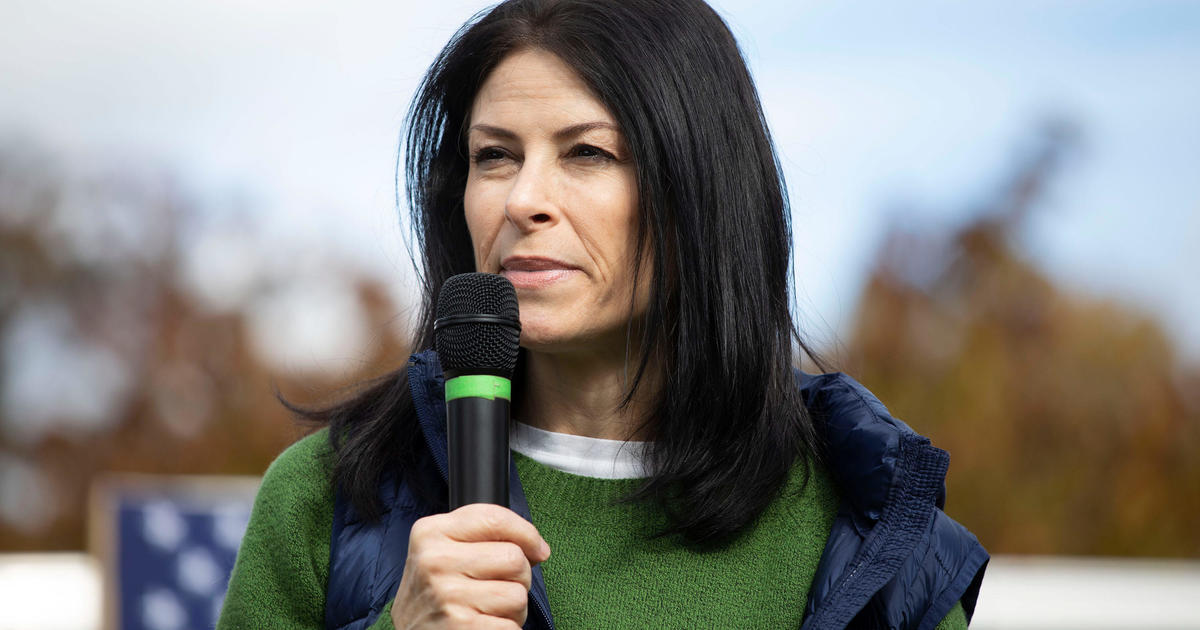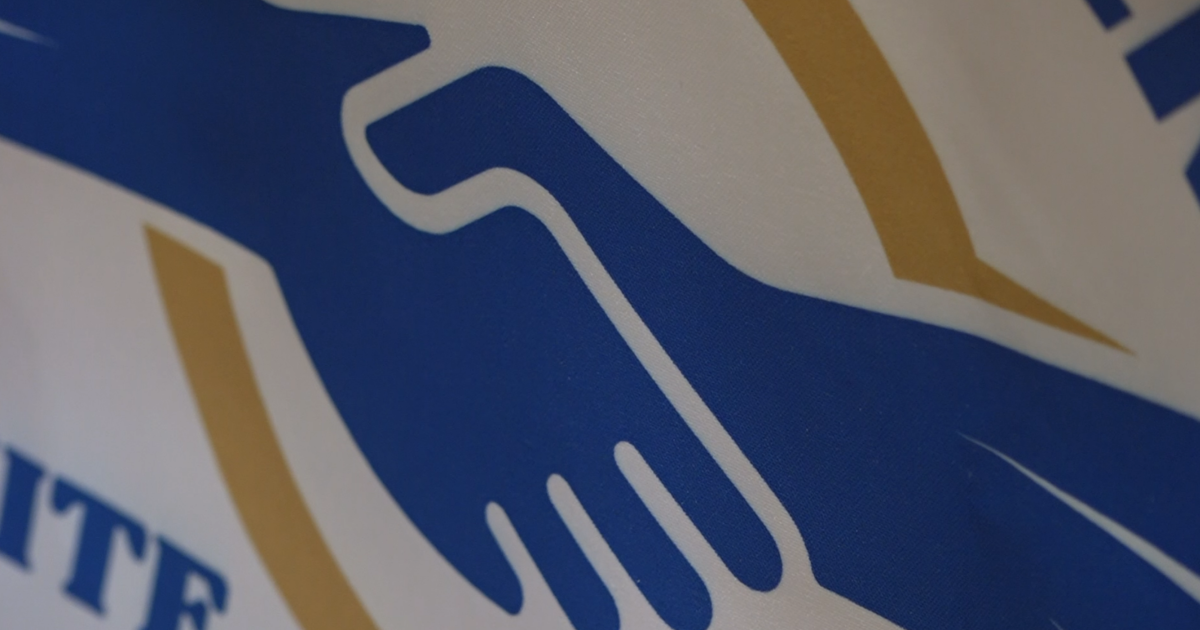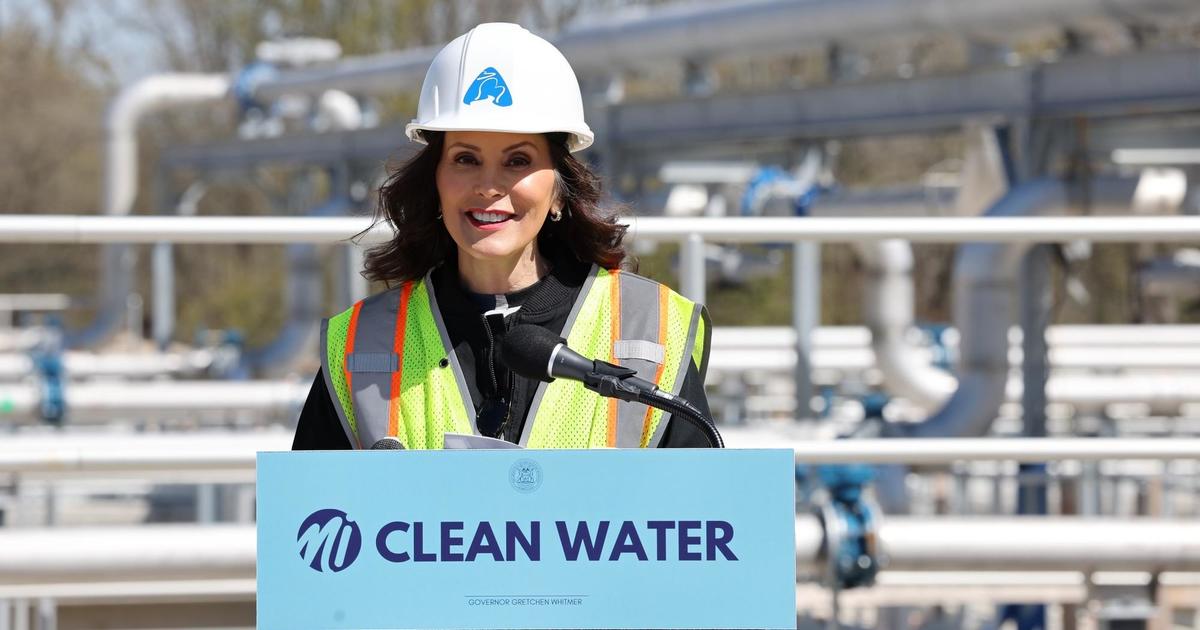MichBio Expo Talks Biofuels, Pharma, Medical Devices
EAST LANSING -- The eighth annual MichBio Expo wasn't all about new drugs and medical devices.
Biotech also means biofuels, a Thursday morning panel discussion noted.
Lennart Johansson of Swedish Biogas noted 4 1/2 tons of wood waste is equivalent to one ton of oil, and the Swedish have made it a priority to turn all their waste products into energy. He said Sweden is a good two decades ahead of the United States in using waste for energy, including emphasizing flex-fuel engines that can run on a variety of fuels.
Swedish Biogas is also involved in a demonstration project in Flint with Kettering University to turn municipal sewage into clean-burning methane gas for city buses.
Johansson said the project is going so well that Swedish Biogas is raising money to expand the plant, which turns liquid sewage into clean water, methane gas and solids that can be used as fertilizer. The long-term goal is to use that fertilizer to help turn abandoned industrial sites between Kettering's campus and downtown Flint along the Flint River into parks.
Bernard Sheff, president of UTS Residual Processing, spoke of his company's efforts to turn the waste of 18,000 Illinois dairy cows in Fair Oaks, Ind. into biomethane that generates electricity to run the dairy and fuels the milk delivery trucks.
He said more biomass supply is on the horizon, thanks to government efforts in some states to ban yard waste and food waste from going into landfills.
Nadia Abunasser of the Michigan Economic Development Corp.'s Michigan Energy Office provided an update of MEO biofuel activities, including an inventory of waste biomass being conducted at Michigan State University (www.mibiomassrsgis.msu.edu), a forest biofuels research survey being conducted by Michigan State and Michigan Technological universities (www.michiganforestbiofuels.org) and ongoing projects at Kettering, Muskegon Community College and the Detroit Zoo.
There are also half a dozen companies involved in turning the carbon in various forms of food, agriculture and forestry waste into usable fuels, Abunasser said.
In a panel discussion on taxes and regulation, Dan Peterson, vice president of industry and government affairs for Cook Group Inc. of Bloomington, Ind., complained of the American tax and regulatory climate, including a new 2.3 percent tax on medical device company revenue that's part of the Affordable Care Act and slow-moving approvals from the federal Food and Drug Administration.
In wrapping up the event, MichBio president and CEO Stephen Rapundalo said the organization continues to add services to help the industry grow in Michigan, including state-funded entrepreneurial support and a program of preferred vendors in everything from shipping to press release distribution.
And he said MichBio will be among the organizations lobbying Congress this winter to delay or repeal that new medical device tax.
In a closing keynote, Teresa Stanek Rea, deputy director of the U.S. Patent and Trademark Office -- and a pharmacy graduate of the University of Michigan, as well as a law graduate of Wayne State University -- said the backlog of U.S. patent applications has been cut from 780,000 in 2009 to 640,000 today, with a goal of about 300,000. The Obama administration hired 1,505 new patent examiners in the last fiscal year, she said. She urged those attending to make use of the Patent Office's new branch office in Detroit.
"We realize that small buisness has the real innovation that changes things," she said.



